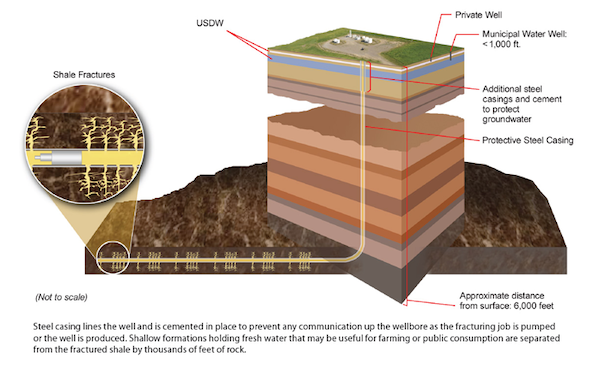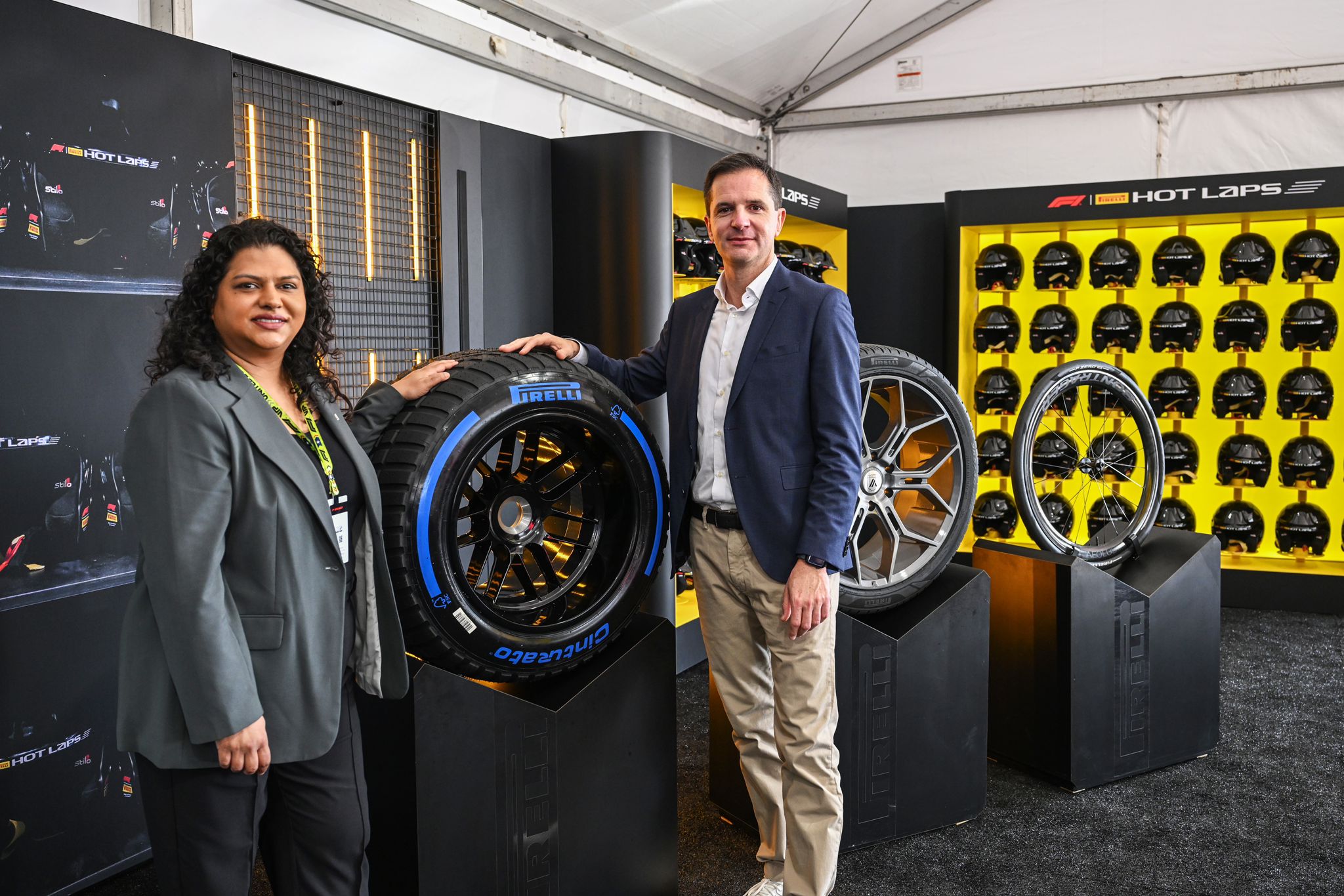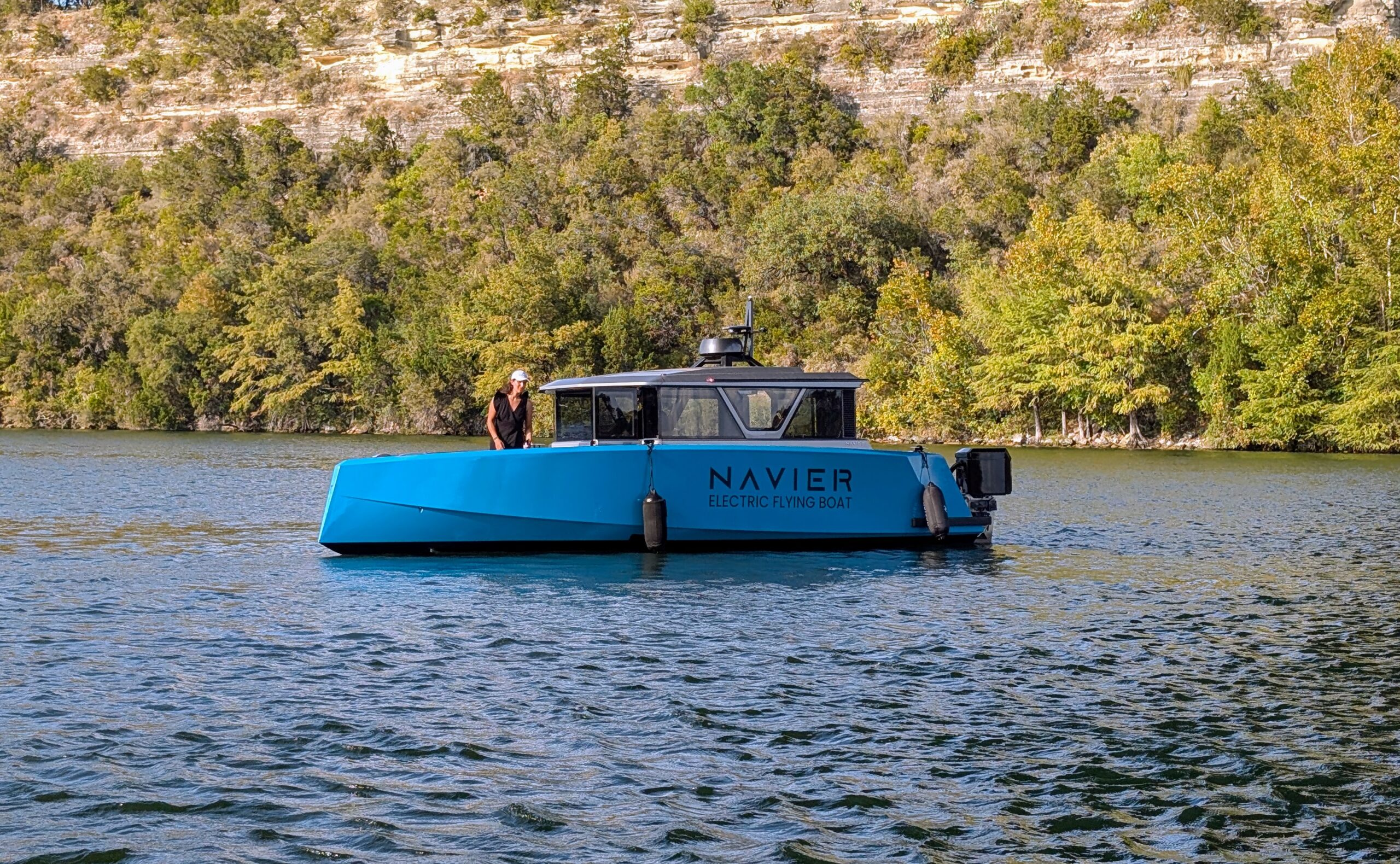Sign up for daily news updates from CleanTechnica on email. Or follow us on Google News!
There’s nothing “natural” about natural gas. It’s a fossil fuel, just like coal or oil. According to Wikipedia, it is a mixture of gaseous hydrocarbons consisting primarily of methane in addition to various smaller amounts of other higher alkanes. Low levels of trace gases like carbon dioxide, nitrogen, hydrogen sulfide, and helium are also usually present.
Natural Gas Is Not Natural
So how come it’s called natural gas? Because in the 1800s, coal gas was popular. The term “natural gas” was coined to distinguish methane found underneath the ground from methane created when coal is heated. People tend to think of anything “natural” in positive terms. When researchers substitute “methane gas” for “natural gas” in surveys, respondents have a lower opinion of “methane gas.” Which is why the industry clings so fiercely to the term “natural gas.” It’s good for its image.
GasLeaks.org is on a mission to educate the public about methane gas and the happy talk the industry — often under the auspices of the American Gas Association — likes to spread about how clean burning methane is. It’s true that when burned, methane releases less carbon dioxide than coal or oil derivatives. But that is not to say it has none. It does, just less than those other fuels. There are also other byproducts such as oxides of nitrogen that are known to increase the risk of asthma in children.
But the biggest concern about methane is that when it escapes into the atmosphere, it is a much more powerful greenhouse gas than carbon dioxide — 80 times more powerful according to many climate scientists. Much of the so-called natural gas produced in the world today comes from fracking. Once a well is drilled, it is difficult to capture all the gas that escapes and much of it goes straight into the atmosphere.
Transporting and storing natural gas results in leaks both outside and inside homes, adding more of it to the atmosphere. When those leaks occur inside, they can have serious negative health effects on those who live there, especially children. Methane may be “natural gas” to some, but you don’t want to breathe it any more than you want to drink gasoline.
Natural Gas Disinformation Campaigns
The tobacco industry led the way in crafting techniques that can help sway public opinion. According to a recent report by the Climate Investigating Center, the American Gas Association has been peddling lies about “natural gas” for more than 50 years. It has bought and paid for alleged scientific research by outfits who are only too happy to tailor their findings to suit the needs of whoever is paying the bill.
They also have leaned hard on the “natural” part of their branding to create an image in the public mind of happy little molecules just waiting to serve the needs of people. If anyone could make “natural gas” cute and cuddly, it was the PR firm of Hill & Knowlton, the same gurus who taught the tobacco industry how to fight dirty.
The Climate Investigation Center claims the “natural gas” industry funded its own studies in the 1970s and 1980s using the same laboratories, management consultants, and statisticians as the tobacco counterparts. Furthermore, it was advised by Hill & Knowlton, the same public relations company that masterminded the Big Tobacco strategy. Those tactics influence decision makers at the Environmental Protection Agency and the Consumer Product Safety Commission and continue to this day.
The “natural gas” industry has launched a barrage of attacks on scientific findings that find cooking with “natural gas” carries health risks to individuals. The objective is to cast doubt on those findings by making spurious complaints against academic studies, framing discussion of the issue as “reckless,” and hiring influencers to push back against the latest evidence.
GasLeaks.org Fights Back!
GasLeaks.org is pushing back on the “natural gas” industry’s charm offensive. On its website, it says, “Gas Leaks is exposing the truth about the dangers of ‘natural’ gas and the fossil fuel industry’s disinformation machine. For more than a century, the fossil fuel industry has spent billions to convince us dirty, dangerous methane gas is ‘natural,’ safe, and clean. Gas Leaks sets the record straight about how this disinformation is harming our communities and heating our planet.”
Its latest creation is brilliant. Taking advantage of the proximity to Halloween, it does a takeoff on the horror film genre that uses that event to peddle its horror movies and shows. The result is a 30-second video that takes the Halloween theme and runs with it.
“We’re finding new ways to reach an audience who are concerned about the climate and their health, and who we think need to be exposed to the way gas is harming them. There’s a lot of messaging from the industry that we need to fight,” James Hadgis, executive director of Gas Leaks, told The Guardian. The spot follows another from two months ago that warns people about the “methane monster hiding inside” their homes.
Both are part of a broader push from the climate movement to counter fossil fuel industry messaging. This fall, nonprofit media organization Fossil Free Media also unveiled a series of billboards calling out oil and gas companies for their role in fueling climate disasters, which featured maps of broken temperature records and read, “Brought to you by Big Oil.” The group is headed by climate activist Jamie Henn, who told The Guardian, “I think the most important thing that we can do right now is to try and connect the dots between the extreme weather that people are seeing and the fossil fuel industry that’s driving it.”
Hollywood director Adam McKay also released a viral spoof of a Chevron ad last September and subsequently launched the nonprofit Yellow Dot Studios to produce similar content. On its website, it says, “We challenge polluter BS to mobilize action on the climate emergency.” It asks people to sign up for its newsletter with this straightforward pitch: “Can mocking loathsome sociopaths help unfuck decades of nefarious propaganda and inspire a critical mass of humans to save life on earth? Let’s find out.” We’re sure if you wanted to get their newsletter, they wouldn’t mind one bit. We already do.
The Takeaway
Satire, parody, and hyperbole can be powerful tools to break through people’s preconceived notions. Gilbert and Sullivan used them to critique Queen Victoria at a time when criticizing the queen directly was forbidden. Long before they came on the scene, William Shakespeare was using the device of setting his plays in foreign countries to examine British society at a time when doing so was punishable by imprisonment or death. You didn’t really think Hamlet was about Denmark, did you?
Gas Leaks, Fossil Free Media, and Yellow Dot Media are all fighting the good fight against very determined, powerful, and well funded special interest groups, but their messages are all the same. We must stop burning fossil fuels if we hope the Earth will continue to support human life. There is no alternative. The life you save could be your children’s.
Don’t let the fossil fuel companies fool you. They are motivated by simple greed and couldn’t care less if you and your family suffer from poor health or die an early death, just so long as the money keeps rolling in. Are those really corporations you want to support?
Have a tip for CleanTechnica? Want to advertise? Want to suggest a guest for our CleanTech Talk podcast? Contact us here.
EV Obsession Daily!
I don’t like paywalls. You don’t like paywalls. Who likes paywalls? Here at CleanTechnica, we implemented a limited paywall for a while, but it always felt wrong — and it was always tough to decide what we should put behind there. In theory, your most exclusive and best content goes behind a paywall. But then fewer people read it!! So, we’ve decided to completely nix paywalls here at CleanTechnica. But…
Thank you!
Tesla Sales in 2023, 2024, and 2030
CleanTechnica uses affiliate links. See our policy here.






